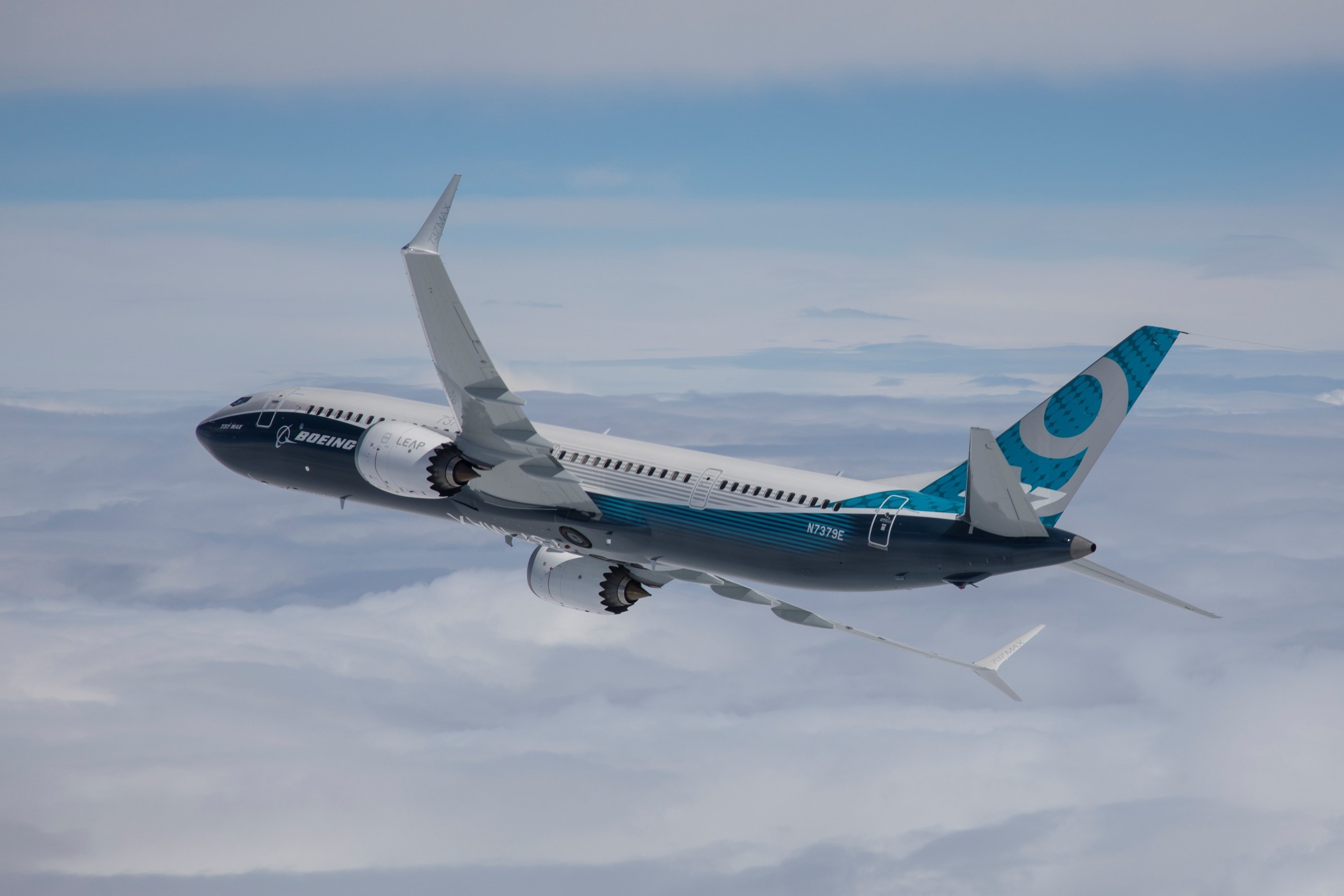The US Federal Aviation Administration's (FAA) said it is unlikely to lift its production cap on Boeing in the coming months on May 30, 2024. Following a three-hour meeting with senior Boeing staff at its headquarters, FAA administrator Mike Whitaker said at a press conference ""we don't have a timeframe, but I don't think it will happen in the next few months"" when asked about lifting the cap.
The meeting marked the end of its 90-day deadline for Boeing to address quality control concerns in the wake of the Flight 1282 incident on January 5, 2024, where a door plug blew out on an Alaska Airlines 737 MAX 9 flight shortly after takeoff. The federal government body had set the deadline in February for Boeing to develop a proposed roadmap to address its internal issues, along with input from FAA's report throughout. The FAA said it will continue to hold Boeing accountable after reviewing its roadmap to fix its ""systematic safety and quality-control issues,"" Whitaker said.
The meeting was held for Boeing to present the roadmap and discuss future implementation. The original equipment manufacturer (OEM) is now required to have a mandatory safety management system to ensure a ""structured, repeatable, systematic approach to identify hazards and manage risk"".
""Many of these actions are underway and our team is committed to executing on each element of the plan,"" said Boeing president and CEO Dave Calhoun. ""It is through this continuous learning and improvement process that our industry has made commercial aviation the safest mode of transportation. The actions we are taking today will further strengthen that foundation.""
Boeing Commercial Airplanes CEO and president Stephanie Pope commented: ""Our plan is built on the feedback of our employees who know best how to design, build and deliver safe, high-quality airplanes. We also incorporated the requirements and feedback from our regulator and welcomed the recommendations from our customers and industry experts.
""Based on that feedback, our roadmap includes major investments to expand and enhance workforce training, simplify manufacturing plans and processes, eliminate defects at the source, and elevate our safety and quality culture, along with specific measures to monitor and manage the health of our production system.""
""We reviewed Boeing’s roadmap to set a new standard of safety and underscored that they must follow through on corrective actions and effectively transform their safety culture,"" said Whitaker. ""On the FAA’s part, we will make sure they do and that their fixes are effective. This does not mark the end of our increased oversight of Boeing and its suppliers, but it sets a new standard of how Boeing does business.""
In a message sent to Boeing Commercial Airplanes staff, Pope said staff had requested more investment in training, simplification of processes, eliminate defects, and cultivate safety and quality culture. In response, Pope said it added around 300 hours of training material, cleared more time for managers to spend on factory floor through fewer meetings and tasks, re-established daily compliance sweeps, as well as ordering around 7,500 pieces of tooling and equipment, amongst other things. Pope said to employees: ""This is a journey, and we will keep taking action. It is through continuous learning and improvement that our industry has made commercial aviation the safest mode of transportation.""
Whitaker said: ""Systemic change isn't easy but in this case is absolutely necessary, and the work is never really done when it comes to the safety of the flying public – from Boeing, airlines, or the FAA.""
The FAA will conduct monthly reviews on Boeing to gauge its progress, along with FAA leaders having weekly meetings with the manufacturer to further ensure progress is being made and address any ""challenges they're facing in implementing the changes"".
In the wake of the accident, the FAA had immediately grounded 171 737 MAX 9 aircraft operated by US airlines or in US territory.
FAA unlikely to lift 737 production cap in coming months

